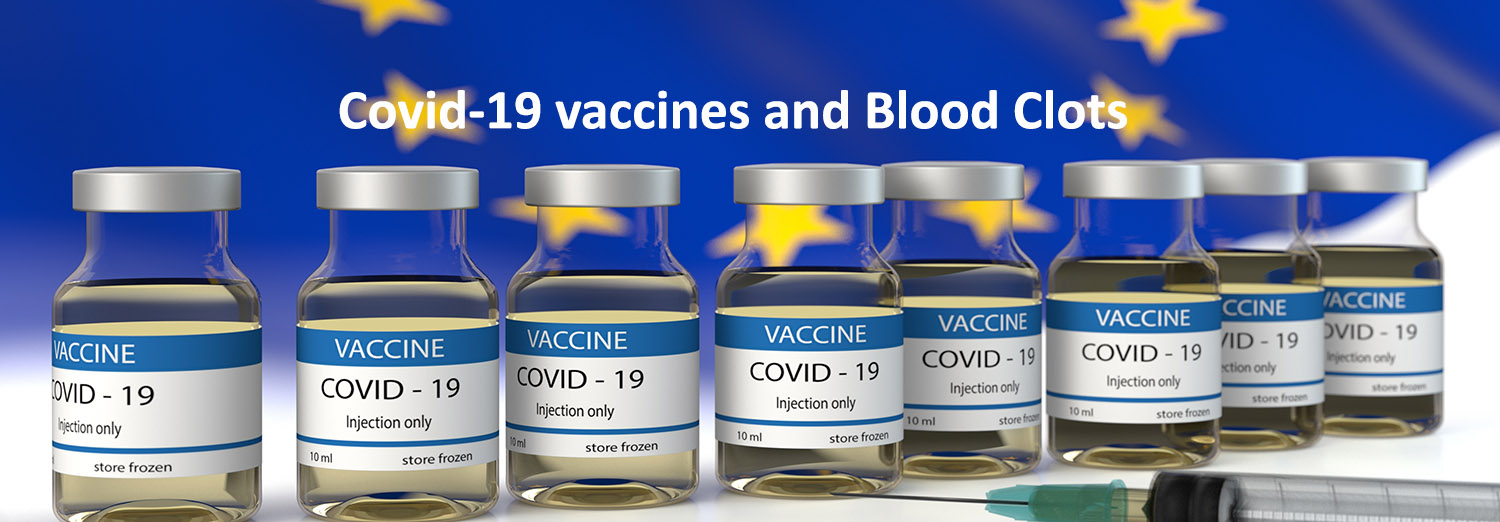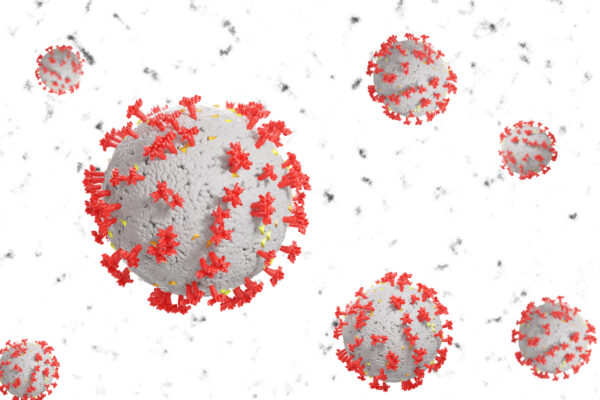No products in the cart.

Covid-19 vaccines and blood clotting. Prof Adrian Newland 02/04/2021
Covid-19 vaccines and blood clotting. Prof Adrian Newland 02/04/2021
There has been much discussion in the media recently regarding the potential development of thrombosis (clots) post-vaccination and a lot of the debate has centred on the Oxford/Astra Zeneca vaccine, although studies world-wide show that thromboses occur with all 4 currently available vaccines (Pfizer, Moderna and Johnson and Johnson) and the rate is no greater than that expected in the normal population. A published review within the last week from Denmark looking at whole population figures has confirmed this statement. Nevertheless use has been restricted in a number of European countries to certain age groups. Canada has also recently restricted use; although their use of the Oxford/AZ vaccine is restricted and they have reported no cases of thrombosis they are following the European restrictions.
The particular worries have been caused by the recent reports of a specific type of clotting known as cerebral sinus vein thrombosis (CSVT) which is often associated with a lower platelet count. Internationally it has been reported in about 5 cases per million following vaccination, which is equal to the rate described in the normal population. It has attracted attention because it has predominantly occurred in younger women and occurs about 7-14 days post vaccination. In normal populations the use of oral contraceptives enhances the clotting risk and whether there is a hormonal element in these events is not yet clear. Deaths occur in just under half affected, although there is effective treatment if diagnosed early enough. These reports in Europe have been predominantly in those receiving the Oxford/AZ vaccine, although there are rare cases in the other vaccines. A very recent review in the UK has reported 18 cases in the 30 million vaccinated. The populations treated in the different countries are not always comparable and reporting may not be complete but there is no doubt that the use of all the covid-19 vaccines have been subject to closer scrutiny than any other vaccines and adverse events are recognised in all vaccines.
Covid-19 itself causes a very similar syndrome and I am aware of at least one case who was diagnosed with Covid-19 post-mortem, so they had the infection at the time of the vaccination. It is worth noting that Covid-19 itself causes death at the rate of about 200 per million. It has been estimated by Professor Sir David Spiegelhalter, an eminent expert on risk from the University of Cambridge, that there are 2-3 deaths per million in people in their 50s for every week that the vaccine programme is delayed (and of course it is greater in older, more susceptible, age groups). That is of course just one week and for the unvaccinated population that risk is present for every subsequent week that they remain unvaccinated.
It must also be pointed out that thrombotic events occur in 21% of hospitalised patients with Covid-19 and this doubles the mortality (23% against 13%).
It is not clear yet whether the vaccines cause this CSVT syndrome, they may. The evidence is patchy and varies between countries. It may be a batch effect, related to an underlying Covid-19 infection or related to other health factors or medication and this will doubtless become clearer. I can understand the worry but it is a case of balancing risks and benefits. As we can see from the UK and Israel the vaccines prevent infections and rapidly reduce deaths, not to mention the million or so reported today with symptoms of long-Covid-19 problems. The current differences between the UK and the majority of the rest of Europe reflect the impact of the success of our vaccination programme and although we cannot be complacent we can be cautiously optimistic as we slowly come out of lockdown. The various vaccines have now been given to over 250,000,000 people world-wide. With these numbers occasional adverse events may arise but equally with these numbers other, independent health issues will arise as well. What we can say is, that despite many peoples’ worries about the speed of the development of the vaccines, their use has been associated with a major effect on the incidence and impact of Covid-19 infection and spread, were it has been given in sufficient quantities. No major downsides have yet come to light.
We know from previous health scares that public confidence is fragile, as we have seen with MMR, and it is incumbent on the press and the politicians to provide the data and advice in a dispassionate way.
Professor Adrian Newland 02/04/2021



